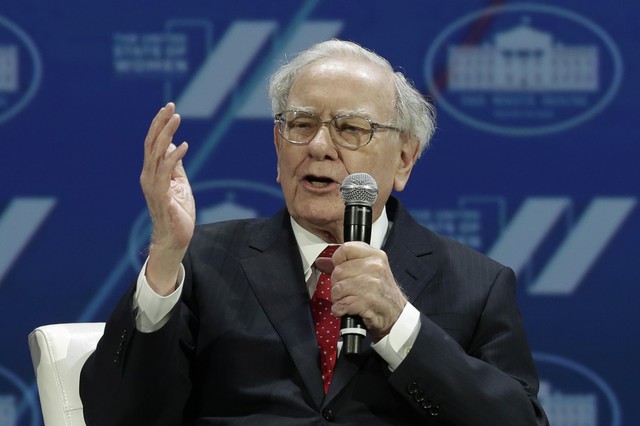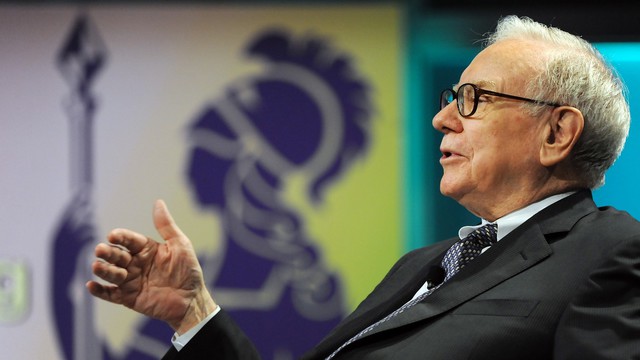Válogasd meg, hogy kivel üzletelsz:
Nem köthetsz jó üzletet rossz emberrel.
Van, amit nem lehet sürgetni:
Vannak dolgok, amelyekhez idő kell, nem számít a tehetség vagy az erőfeszítés. Nem lehet gyereked egy hónap alatt úgy, hogy kilenc nőt teherbe ejtesz.
A becsületesség fontos:
20 évbe telik a reputációt kiépíteni, lerombolni pedig elég 5 perc. Ha ez eszedbe jut, akkor máshogy csinálod a dolgokat.
Olvass, ha sikeres akarsz lenni:
Csak ülök a szobámban és olvasok egész nap.
A kockázatok nem mindig nyilvánvalóak, amikor jól mennek a dolgok:
Amikor a dagály elmegy, végül mindig kiderül, hogy ki úszik meztelenül.

Forrás: AFP / Yuri Gripas
Csak egyszerűen:
Nem szükséges különleges dolgokat tenni ahhoz, hogy különleges eredményeid legyenek.
Ne menj a tömeggel:
Aggódj, amikor mindenki más mohó és légy mohó, amikor mindenki más fél.
A sikert nem a számok határozzák meg:
Az alapján ítélem meg a sikert, hogy hányan szeretnek.
Légy magabiztos:
Mindig tudtam, hogy gazdag leszek. Egy percre sem kérdőjeleztem meg.
Adakozz azoknak, akiknek kevesebb jutott:
Ha az emberiség szerencsés 1 százalékába tartozol, akkor tartozol azzal az emberiségnek, hogy gondolsz a maradék 99 százalékra.
Sose felejtsd el az üzleti élet alapjait:
Az ár az, amit fizetsz, az érték az, amit kapsz.
Nem kell zseninek lenned ahhoz, hogy sikeres befektetővé válj:
Nem kell rakétatudósnak lenned. A befektetés nem egy olyan játék, ahol a 160-as IQ-val rendelkezők lenyomják a 130-as IQ-val rendelkezőket.

